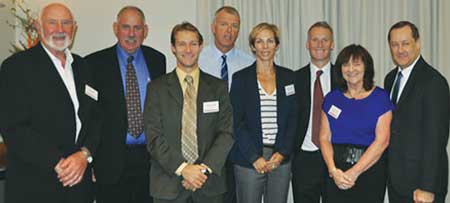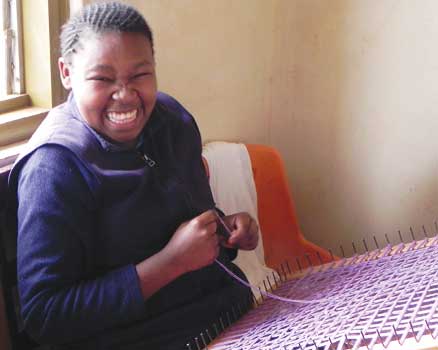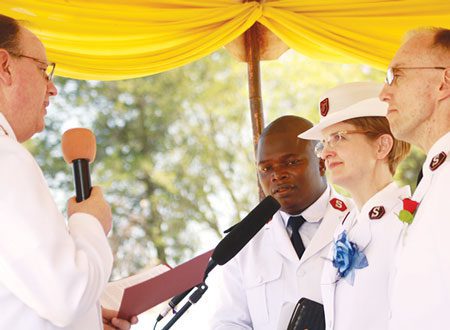
Photo by Emily Dimock
Delegates discuss ways to raise anti-trafficking efforts to a new level.
“Complacency is not an option,” New Zealand Immigration Minister Michael Woodhouse said at the third Prevent People Trafficking conference in Auckland, N.Z. The Salvation Army’s Social Policy and Parliamentary Unit, ECPAT Child Alert NZ and the U.S. Embassy hosted the two-day event this spring.
It focused on recognizing and preventing trafficking of people within New Zealand and the wider Pacific, and on developing action plans to elevate New Zealand’s anti-trafficking efforts to a new level.
The 116 delegates came from New Zealand, Australia and Fiji, and included representatives from government departments, law enforcement, the Prime Minister’s office, non-governmental organizations (NGOs), churches and community organizations.
Woodhouse affirmed his commitment that the nation remain steadfast in deterring, preventing and punishing those involved in this crime.
Australian Dr. Anne Gallagher, the first day’s keynote speaker, is a leader in the anti-trafficking field and a recipient of the U.S. TIP (Trafficking in Persons) Report Hero Award for her work. She said for anti-trafficking measures to be effective, they must be globally focused and based on a human rights approach. Framing an anti-trafficking response within a human rights charter ensures a holistic approach that takes into account a person’s right to freedom.
Conference co-coordinator Chris Frazer, social justice advocate with The Salvation Army, said, “Although the conference had a regional focus, this is an issue with global implications—trafficking in people is a globalized, profit-driven crime that leaves no country untouched.”
Matt Friedman, former regional project manager for the United Nations Inter-Agency Project on Human Trafficking (UNIAP), was the second keynote speaker. He emphatically used the word “slavery” rather than “trafficking” because “the phrase ‘human trafficking’ doesn’t register with people emotionally, but ‘slavery’ does.”
Friedman advocated the need for quality research to provide solid data in place of assumptions. Although this approach would require more funding, the current situation was “fighting a war with a slingshot.” Raising more money is necessary to get the private sector on board, he said.
Other speakers used credible data to raise awareness of issues such as sex trafficking, migrant women and exploitation on foreign fishing vessels.
Delegates were aware that the voices of those most affected by human trafficking—the victims—were missing. One of the many challenges in preventing human trafficking is identifying victims of this crime, protecting and supporting them as they come forward to speak out.
From a report by Chris Frazer















